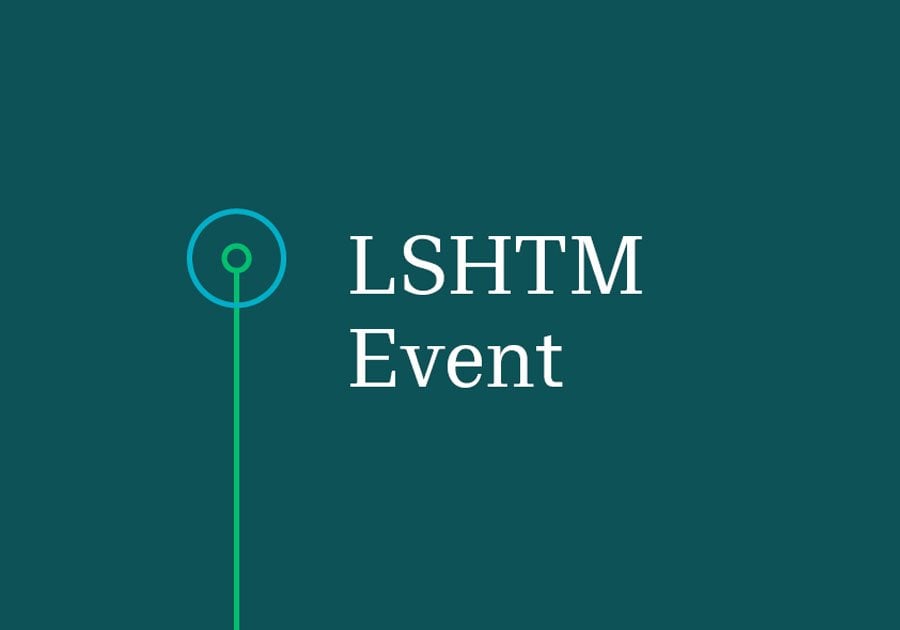Solidarity Medicine: Socialism and Local Roots of Primary Health Care in China, India and Tanzania
Exploring the dynamic relationship between socialist ideologies and the development of Primary Health Care (PHC) in China, India, and Tanzania.

This presentation explores the dynamic relationship between socialist ideologies and the development of Primary Health Care (PHC) in China, India, and Tanzania. Its target audience is students and staff with an interest in PHC, a fundamental approach to healthcare that focuses on accessible, comprehensive, and community-based care.
At the core of PHC lies the principle of being community-based, raising the question of what elements bind communities together. These include kinships and shared faith, religious and secular worship, nationalistic sentiments, and postcolonial state-building. Historically, the pursuit of socialist modernity also served to unify community members. In each of these countries, socialism offered unique frameworks that shaped how healthcare initiatives were designed and implemented at the grassroots level.
The audience will learn about China’s health campaigns, including the "barefoot doctors" initiative, demonstrating how socialist policies could mobilize local populations for preventive and curative care. In India, socialist influences during the post-independence period helped to shape the community health worker model, an approach that sought to integrate traditional practices with modern medicine, especially in rural regions. In Tanzania, the principles of Ujamaa (African socialism) promoted self-reliance and community health through collective efforts, fostering a sense of communal responsibility toward health.
The presentation analyses how the ideological variations within socialism in these contexts informed PHC structures, impacting the local healthcare dynamics and shaping early community-based health practices. By tracing these developments, it seeks to illuminate how socialism’s varied interpretations contributed to the establishment of PHC practices that remain relevant in contemporary public health initiatives. The discussion extends to how similar emotions against colonialism, capitalism, and imperialism catalysed a sense of solidarity among socialist and third worlds, which fostered alternative international health networks.
Speaker
Lu Chen
Lu Chen is a postdoctoral research fellow at the Centre for Cultures and Environments of Health at the University of Exeter. She is a member of Wellcome Trust-funded project 'Connecting Three Worlds: Socialism, Medicine and Global Health After World War II'. As a historian of medicine, her research focuses on social-political aspects of disease, vaccination programmes, infectious disease control, health policy and planning, geopolitics of global health, equitable access to health care, and social medicine.
Event notices
- Please note that you can join this event in person or you can join the session remotely.
- Please note that this session will not be recorded.
Admission
Contact




